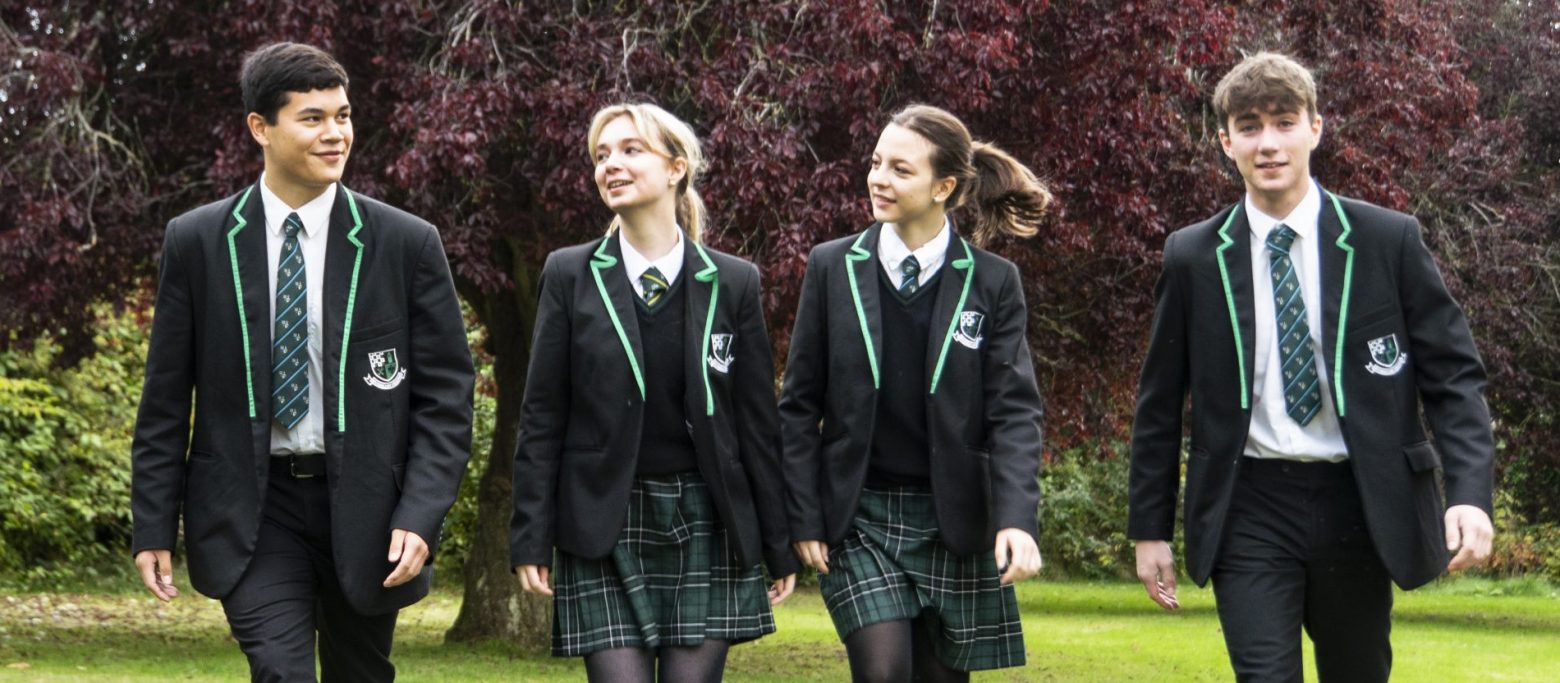You can find below all aspects of the Myddelton College Senior School curriculum.
Senior School Curriculum
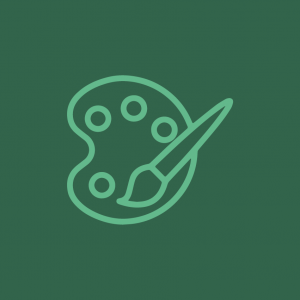
Art & Design
Art and Design stimulates creativity and imagination by encouraging students to challenge assumptions, look at things in a new way, be receptive to new ideas and make informed judgments and practical decisions to communicate their ideas and feelings. Students become increasingly independent in their choice of materials and processes, and, from past experiences, gain confidence in applying visual, tactile and sensory language.

Computer Science
Computing is a vital subject for all students to have a grasp of the requirements of a balanced 21st century education. Students are initially taught how to use the technology productively in class and Internet Safety. They are then taught how to create computer programs, applying problem-solving skills and creativity to other subjects and real-life solutions. Students learn how computer systems work and how to create and manipulate computer systems which can be applied to essential everyday working situations.

Drama & Music
There is much established research about the positive influences of performing arts on young people in terms of the benefits physically, emotionally and helping them to develop a healthy appreciation of culture and arts. The Key stage 3 syllabus is therefore designed to allow students to flourish in terms of their music appreciation and awareness, as well as their theatrical understanding. Lessons are taught separately, but the themes correspond and closely relate to each other.
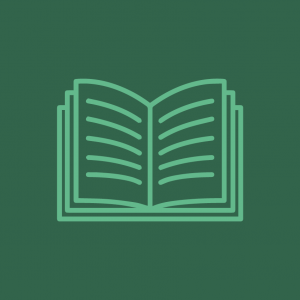
English
The Department aims to enable students to become confident and proficient users of both written and spoken English, as well as intelligent and discriminating readers. Students are stretched and stimulated in their imagination through their response to the writing of others and their own creative work. Students are encouraged to enjoy language and Literature in all its forms and we aim to provide a strong basis for the study of English Language and English Literature at GCSE and beyond.
Although all lessons are planned through the OneNote, they follow a blended approach, allowing students to practise the essential handwriting skills in preparation for their examinations later on in the school.

Geography
The geography of a region affects the lifestyle of its inhabitants and the geographical condition of a region influences culture, which has a deep impact on the social and cultural norms of those people. The Geography course consists of studying various geographical factors both local and global to help students analyse the social, economical and environmental processes that affect nature.
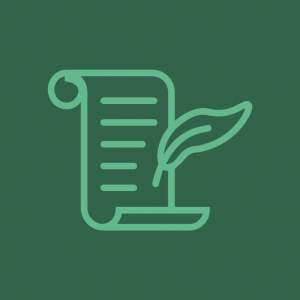
History
To understand the past is essential for people to understand how the present came to be. Students are able to appreciate how cultural, social and societal values develop differently depending on the era in history. This exciting course takes our students on a journey through time and allows them to see the importance of those periods in time and how they have influenced the society we are currently living in.

Mathematics
Attention is drawn to the inherent beauty and structure found in mathematics and a creative, confident approach to the subject is encouraged. The interdependence of the various different branches of mathematics and the uses that have been found for them are explored to create an ability to use mathematics across the curriculum. Within mathematics classes throughout the school, students are encouraged to work both independently and in small groups, communicating their ideas and insights in an appropriate mathematical language. Students receive a blended education through technology and the more traditional teaching techniques.

PSHE
Students are taught to develop the knowledge, skills and attributes they need to manage their lives now and in the future. These help students to stay healthy, safe and prepare for life in the modern world. PSHE helps students to achieve their academic potential and leave school with the necessary skills to succeed.
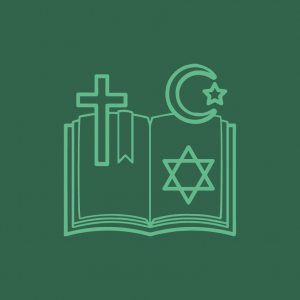
Religious Studies
Religious Studies is an extremely diverse subject and at Myddelton College falls under the title of PPE (Politics, Philosophy and Ethics). Students are able to understand both historic and modern views on the society that they are living in, maintaining an appreciation of religious and non-religious views. There is a combination of issues surrounding the problem of evil, medical ethics and moral dilemmas in the modern world.
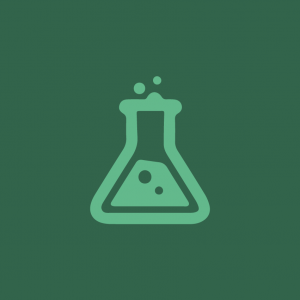
Science
Students learn about the importance of Science and how it has changed our lives and the world’s future prosperity. Students receive an exciting and stimulating syllabus that incorporates Physics, Biology, and Chemistry to provide a high quality Science education. All lessons are taught within the relevant laboratories, with weekly experiments and the emphasis to construct knowledge by physically exploring the scientific world we live in. The study of Science reflects the importance of the spoken language in students’ development cognitively, socially and linguistically, to equip themselves for all eventualities of the 21st Century.

Spanish
Spanish is estimated to be spoken by at least 350 million people around the globe and is currently one of the most spoken languages in the world. Knowing the culture and language allows our students to be equipped as travellers or business people in the modern world.

Sport & OAE
Students take part in a wide range of sports during lessons and also have the opportunity for team sports during activity time. There are a number of fixtures throughout the year in each of the sports that we offer and usually our teams are mixed gender. Our LTTO programme provides experiences in a range of activities, which are designed to help students develop skills through collaboration and challenge in the physical environment. There is the option to join the Duke of Edinburgh award, as well as learning lifesaving and social and emotional skills for life. Students develop an understanding of the importance of nutrition and fitness and encounter censures learning experiences using the incredibly diverse mountain and sea terrain of North Wales and beyond.
GCSE Core Subjects

English Language
Students will draw upon a range of texts as reading stimulus and engage with creative as well as real and relevant contexts. Students will have opportunities to develop higher-order reading and critical thinking skills that encourage genuine enquiry into different topics and themes. This specification will ensure that students can read fluently and write effectively. Students will be able to demonstrate a confident control of Standard English and write grammatically correct sentences, deploying figurative language and analysing texts. GCSE First Language English offers the ability to respond perceptively to a rich array of reading passages; and inspires you to write in a range of text types for different audiences and purposes.
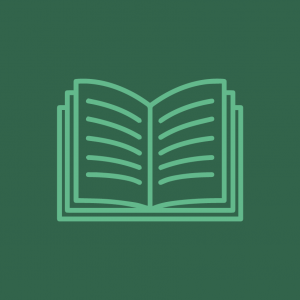
English Literature
The GCSE has been designed to inspire, challenge and motivate every student, no matter what their level of ability. The specification is fully co-teachable with GCSE English Language. Students who study both will greatly benefit from the transferable skills learnt across the two subjects.
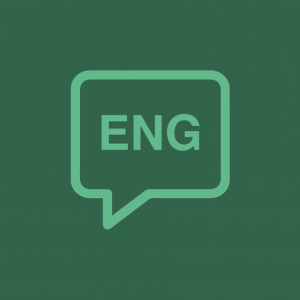
English as a Second Language
Pearson Edexcel International GCSE in English as a Second Language 4ESThe Edexcel International GCSE in English as a Second Language (ESL) is designed as a qualification for students obtaining their secondary education through English as a medium of instruction. Achievement in this qualification is benchmarked against the Council of Europe’s Common European Framework of Reference for Languages (CEFR). The framework has been developed as a design tool to identify linguistic abilities. This examination series targets a range of abilities from level B1 (intermediate) to C1 (advanced) of the CEFR.

Mathematics
The Mathematics syllabus is designed to enable students to engage with, explore, enjoy and succeed in mathematics. Students will develop a fluent knowledge, skills and understanding of the methods and concepts used in mathematics as well as to acquire, select and apply techniques to solve problems. It aims for students to reason mathematically, make deductions and inferences and draw conclusions in a variety of forms. Students will either sit Higher (Levels 4-9) or Foundation (levels 1-5).
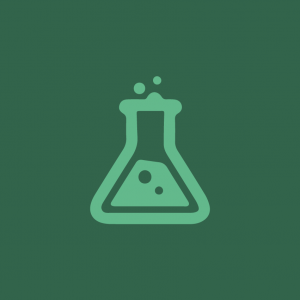
Combined Science
Biology
This specification encourages the development of knowledge and understanding in science through opportunities for working scientifically. Working scientifically is the sum of all the activities that scientists do.
Chemistry
The course is designed to develop a broad understanding of chemical facts, concepts and principles, the skills in chemical investigation and an ability to evaluate the benefits and drawbacks of modern scientific developments.
Physics
The course covers a wide range of Physical concepts starting with General Physics where we look at: forces, energy, motion and other basic principles of Physics. The course is designed to provide a foundation for the key concepts in the field of Physics. The course is designed to develop transferable skills and so is practical in nature.
Combined Science Trilogy
This specification encourages the development of knowledge and understanding in science through opportunities for working scientifically. Working scientifically is the sum of all the activities that scientists do.
GCSE Option Subjects
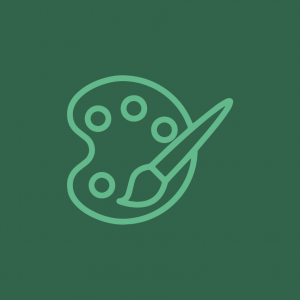
Art & Design
Art & Design encourages a range of skills, stimulates aesthetic awareness, knowledge and critical understanding of art, and provides opportunities for learners to develop a range of skills. Crucially, a personal and independent perspective is encouraged at all times. This course would appeal to learners who wish to explore practical work through a range of two and/or three-dimensional processes and include new media and technologies in addition to traditional media and processes.

Business Studies
The study of Business Studies gives you a greater understanding of the world we live in and how businesses interact with other businesses, and with their customers. During the GCSE course you will study a total of 10 units, these include learning about entrepreneurship, marketing and business finance. Each unit will be filled with tasks, research activities, presentations and a chance to put real life business situations into our studies.

Computer Science
Computer science aims to develop students’ understanding of the main concepts of problem solving using computers. students are encouraged to apply their understanding to develop computer-based solutions to complex problems. The specification is inspiring and allows students to appreciate the fundamental principles of computing.
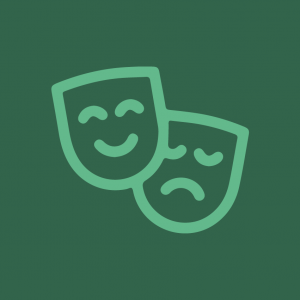
Drama
Students will study what makes an excellent actor, designer, director and producer, refining their own performance skills and/or design skills. They will study a wide range of styles, as well as famous drama practitioners and put their techniques into practise. If opting for the acting route, students will perform two contrasting sections from a play differing from the set text with an accompanying evaluation of their performance, plus devise and perform their own piece with accompanying portfolio and evaluation.

Geography
Geography is very practical with opportunities to learn new skills such as modern computer based mapping (called GIS), map skills, interpreting photographs, interpreting satellite imagery, and fieldwork skills. Fieldwork, or working outside the classroom is a really important part of geography. Students will visit a variety of geographical locations as a brilliant opportunity to experience some of the things you learnt about in class, see things differently and, of course, have fun.
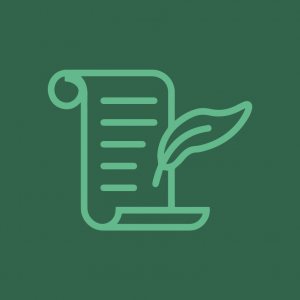
History
History is so relevant in today’s world. We cannot possibly have a good grasp of current affairs, without an understanding of events in the past. This makes History so relevant to us. History allows us to look at events in the past, and to learn from them; to prevent us from making the same mistakes again. “The more you know about the past, the better prepared you are for the future” (Theodore Roosevelt).

Music
Apart from the innate enjoyment musicians gain from playing an instrument and being part of a group, music is part of everyday life and enhances all areas of society. Having a cultural and intellectual understanding of music from Corelli to Collier or Gamelan to Glass gives us a crucial insight into people from around the world. Music has well documented cognitive benefits for all and is an essential part of human existence. Music compliments and enhances all academic subjects.
Various careers utilising music are: composing, performing, teaching, the arts, orchestral management, music therapy, sound engineer, music production and music journalism.

Physical Education
The GCSE Physical Education specification will enable learners to engage in a course designed to encourage learners to be inspired, motivated and challenged by the subject and enable them to make informed decisions about further learning opportunities and career pathways. Through studying GCSE Physical Education learners will acquire the knowledge, understanding, skills and values to develop and maintain their performance in physical activities and understand the benefits to health, fitness and well-being. Learners will develop theoretical knowledge and understanding of the factors that underpin physical activity and sport and use this knowledge to improve performance. Learners will perform effectively in different physical activities by developing skills and techniques and selecting and using tactics, strategies and/or compositional ideas. They will develop their ability to analyse and evaluate to improve performance in physical activity and sport.
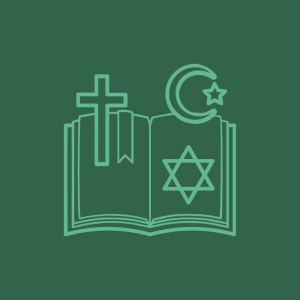
Religious Studies (PPE)
The GCSE in Religious Studies is vastly diverse and allows students to consider a range of ethical and cultural issues within society. Topics that are covered will relate to students and will allow them to evaluate their opinions on laws or beliefs that have been made by religious or secular organisations.

Spanish
GCSE Spanish takes students into the study of a language that is highly useful in the modern world. Students learn to understand and be understood in a number of tenses and topics that can be adapted to a very wide range of situations and applications.
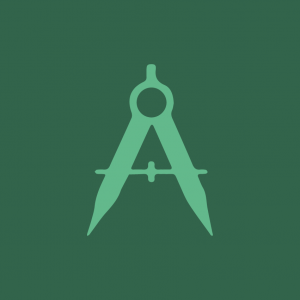
Statistics & Further Mathematics
GCSE Statistics develops the skills of data handling and probability taught in GCSE Mathematics. Statistics are being used at an increasing rate in business, politics and science. In the real world we are constantly presented with graphs and data in the media, and being able to understand these is a key life skill. Statistics is perhaps the most versatile area of maths, teaching students how to collect, analyse, interpret and present data.
In addition to GCSE Statistics, students will also be able to study for a Level 2 certificate in Further Mathematics. This is equivalent to a full GCSE and is designed to stretch and challenge high achieving mathematicians. This qualification gives an introduction to calculus and matrices, and develops further skills in trigonometry, functions and graphs. Further mathematics is also an excellent course for students intending to study mathematics beyond GCSE.





